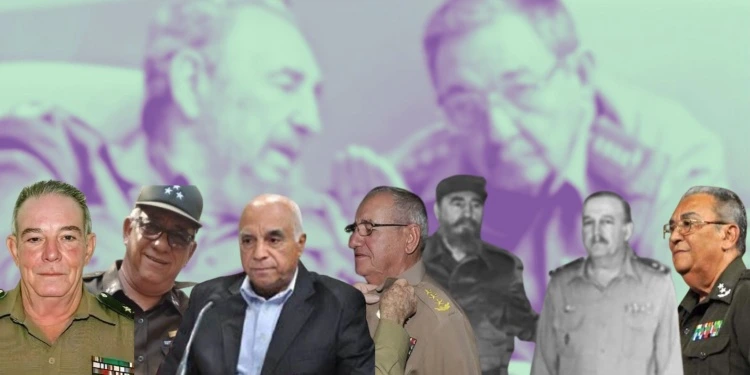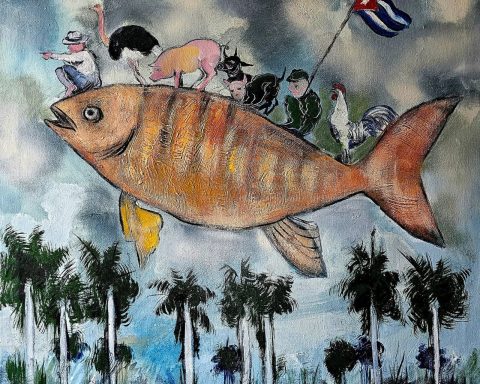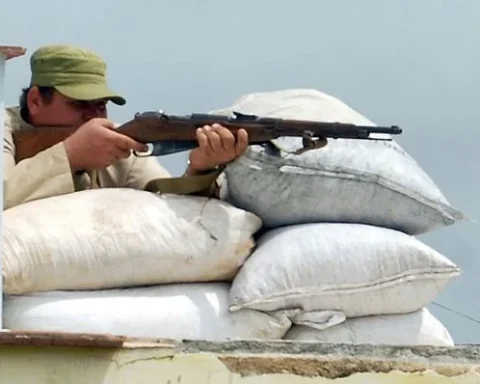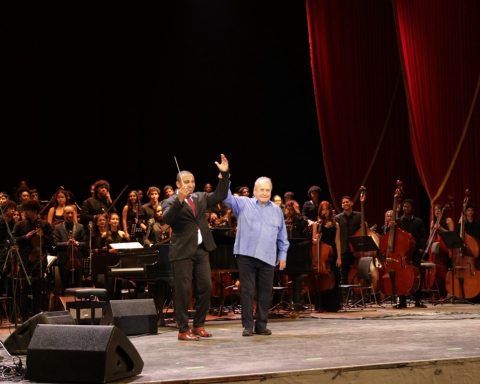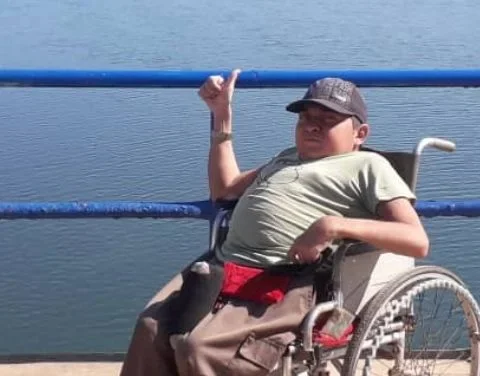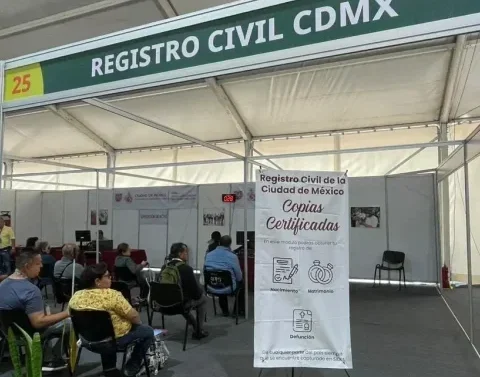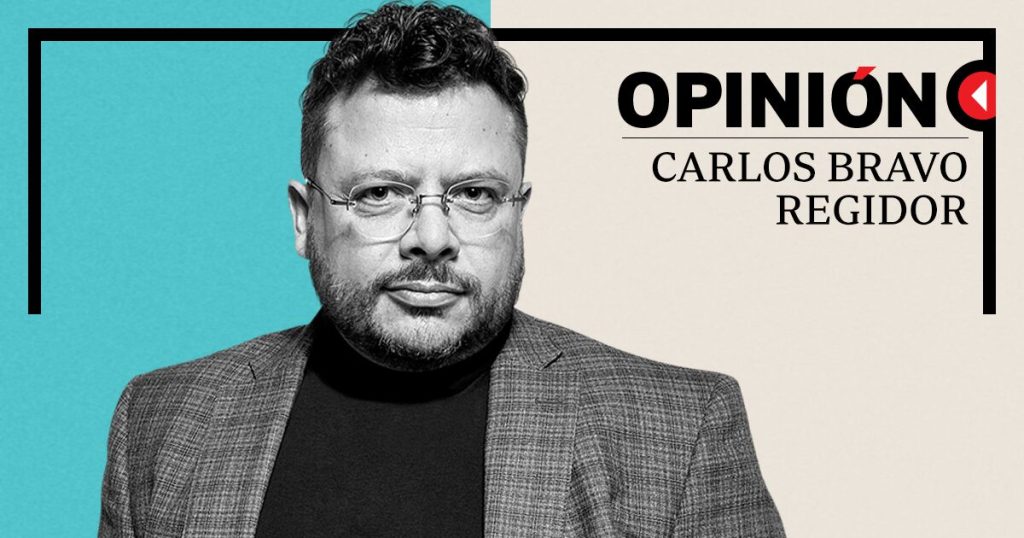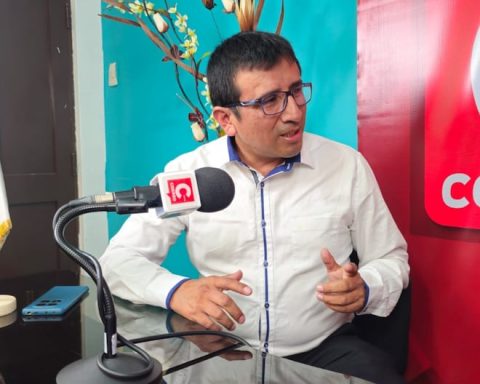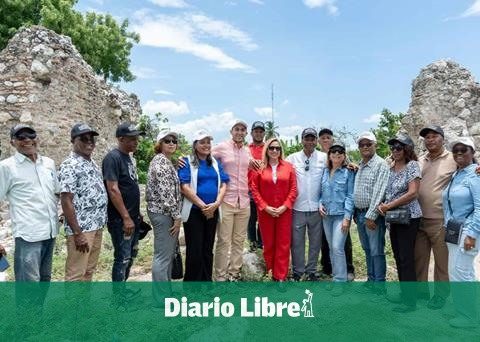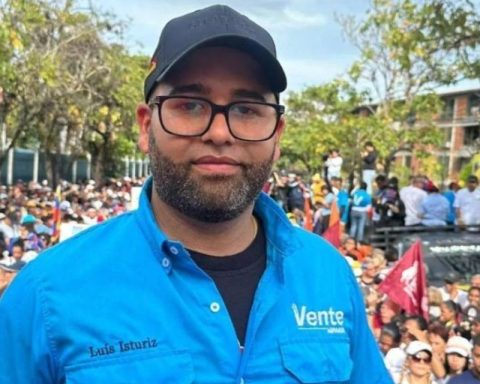SAN LUIS POTOSÍ, Mexico.- The Cuban media has been a vehicle for spreading the death, this September, of several military personnel (five general and a colonel); at the same time that social networks spread rumors of the death of Army General Raúl Castro, denied by the official press.
The Grim Reaper, it seems, knocks on the door of the heights controls Cuban military, announcing the end of an era in Castroism.
The list of deceased was inaugurated by the division general Romárico Vidal Sotomayor Garcíasanctioned by the US for his role in repressing the social unrest of July 11, 2021. He died at the age of 85.
Sotomayor García served as head of the Political Directorate of the Ministry of the Interior (MININT), which included, among other forces, the National Special Brigade of the Ministry of the Interior (SNB) and the National Revolutionary Police (PNR), which were deployed in the repression of the protesters.
For this reason, the Office of Foreign Assets Control (OFAC) of the United States Department of the Treasury sanctioned him for its relationship with “actions to repress peaceful, pro-democratic protests in Cuba.”
Chronologically, the death of Brigadier General followed. Juan Israel Cervantes Tablada, a regime official who served as general director of the Union of Military Industries (UIM).
He was named Brigadier General for the “capacity shown,” the sources said. journalists and he became head of the Directorate of Tanks and Transport of the MINFAR. There he was in charge of projects related to the modernization of the equipment of war Cuban.
Because of his loyalty to the Castro leadership, in 2009 he was appointed general director of the Union of Military Industries, the island’s state-owned military-industrial conglomerate, which is responsible for repairing the weapons and technology of the land, sea and air units of the Revolutionary Armed Forces, and which has more than 230 factories and companies.
Just two days after the news of Cervantes’ death came the news of Juan Antonio Hernandez Hernandeza reserve brigadier general of the Revolutionary Armed Forces (FAR), who joined the process initiated by the late dictator Fidel Castro in his early youth, forming part of the Association of Young Rebels.
After participating in the literacy campaign in 1961 and being called up for General Military Service, he used that path to begin a career in the Revolutionary Armed Forces (FAR), where he initially served in various roles and achieved a position as artillery platoon leader.
In 1973, he was appointed head of the Transport and Armament Section in Camagüey once the Youth Labour Army (EJT) was established and 15 years later he obtained command of the Political Section of that entity. By 1994, he was already chief of staff of the EJT.
The reserve division general also died around that time. Jorge Luis Guerrero Almaguer, who participated in the so-called “Escambray clean-up” and became chief of artillery of the Eastern Army and head of the Directorate of Cadres of the Ministry of the Revolutionary Armed Forces (MINFAR).
He also served as substitute for the head of the Secretariat and head of the Secretariat of the ministry itself. He also held the position of head of state and government cadres and was a member of the Central Committee of the Communist Party of Cuba (PCC) and the National Assembly of People’s Power (ANPP).
Just two days ago, the news of the death of Colonel Castro spread on social networks of Castro officials. Lazaro Delgado Chaplesecond in command of the Directorate of Identification, Immigration and Foreigners (DIIE) of the Ministry of the Interior (MININT).
According to Cuban officials close to the repressor, who later deleted their posts, the deceased colonel was part of the team that worked from the airport to secure President Barack Obama’s visit to Cuba.
Later, he was head of the remodeling work of the Museum of the Denunciation at 5th and 14th (Playa).
In 2022, he was a candidate to be part of the database of Cuban Repressors for its role in the expatriation and banishment of activists, artists, independent journalists and citizens critical of the regime.
Colonel Delgado Chaple would have participated in this escalation of forced exiles of the main Cuban activists, explained the independent media two years ago Cuban Diary.
Before the end of the month, it was also surprising that, at 85 years old, the Army Corps general Ramon Espinosa Martinfirst deputy minister of the Revolutionary Armed Forces (FAR) and one of the most trusted men of the Castro leadership, died.
Espinosa Martín was a member of the Political Bureau of the Central Committee of the PCC and a deputy to the National Assembly of People’s Power.
But he will undoubtedly be known for one of his “services” that best demonstrated his loyalty to Fidel and Raúl Castro: in 1989 he presided over the military court in which Arnaldo Ochoa was tried, accused of international drug trafficking and shot after a summary trial.
Without being a jurist or having judicial experience, he was appointed “president” of the Special Military Tribunal that sentenced military personnel like himself to death.
